Institutional Learning Outcomes
Institutional Learning Outcomes (ILOs)
ILOs represent the skills, knowledge, and abilities students will have when they graduate or transfer from SBVC. They are a hollistic approach to outcomes. All other outcomes should map to one or more ILO.
SBVC Institutional Learning Outcomes
Upon graduation or transfer from SBVC, students will be able to:
- Communication Skills: Comprehend content and communicate in written, spoken, signed, or artistic formats.
- Quantitative Reasoning Skills: Apply mathematical or analytical skills to identify and solve problems and synthesize and evaluate ideas.
- Critical Thinking Skills and Information Literacy: Critically evaluate qualitative and quantitative hypotheses, sources, and conclusions.
- Personal, Academic, and Career Responsibilities: Develop goals for personal, academic, and career environments.
- Social and Global Awareness: Recognize the impact of one's actions on the environment and one's role in society with respect to diversity, equity, inclusion, and anti-racism.
| Approved by: | Approval date: |
| Accreditation and Outcomes Committee | 11/16/21 |
| Academic Senate | 12/1/21 |
| College Council | 12/8/21 |
Examples of ILOs
| ILO 1 Communication Skills: Comprehend content and communicate in written, spoken, signed, or artistic formats. | ||
|
For example, students will be able to demonstrate one or more of the following:
Sample outcomes relating to this ILO are:
|
||
| ILO 2 Quantitative Reasoning Skills: Apply mathematical or analytical skills to identify and solve problems and synthesize and evaluate ideas. | ||
|
For example, students will be able to demonstrate one or more of the following:
Sample outcomes relating to this ILO are:
|
||
| ILO 3 Critical Thinking Skills and Information Literacy: Critically evaluate qualitative and quantitative hypotheses, sources, and conclusions. | ||
|
For example, students will be able to demonstrate one or more of the following:
Sample outcomes relating to this ILO are:
|
||
| ILO 4 Personal, Academic, and Career Responsibilities: Develop goals for personal, academic, and career environments. | ||
For example, students will be able to demonstrate one or more of the following:
Sample outcomes relating to this ILO are:
|
||
| ILO 5 Social and Global Awareness: Recognize the impact of one's actions on the environment and one's role in society with respect to diversity, equity, inclusion, and anti-racism. | ||
|
For example, students will be able to demonstrate one or more of the following:
Sample outcomes relating to this ILO are:
|

